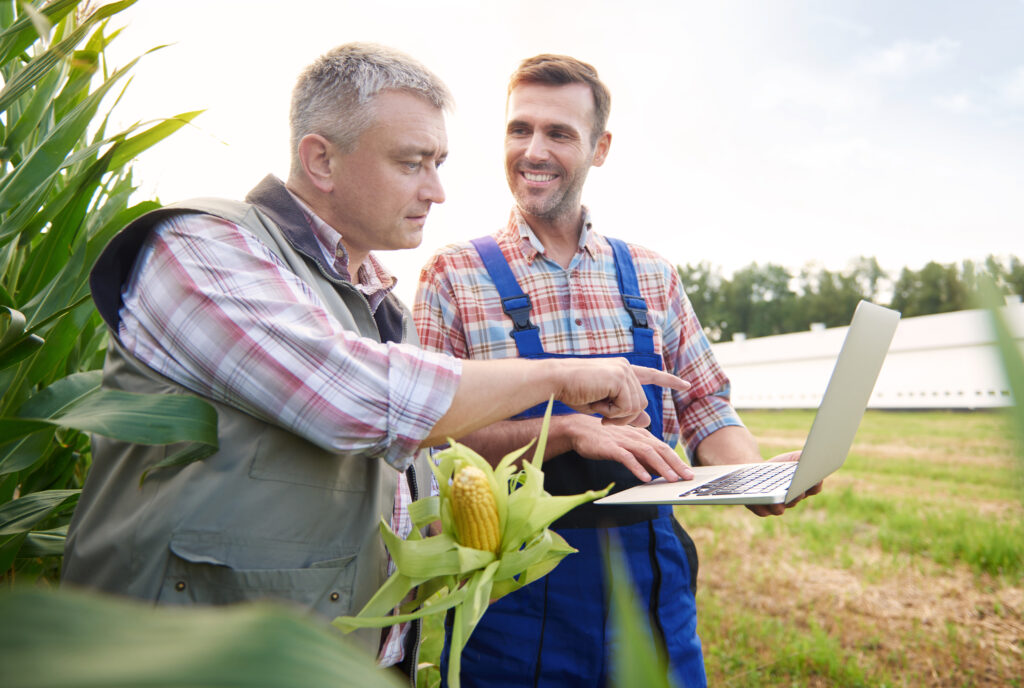In farming, knowledge has always been power. For generations, farmers relied on neighbors, elders, and local networks to learn better ways of planting, harvesting, or managing livestock. While this traditional exchange worked, it was limited, farmers in one region often faced challenges already solved elsewhere, but they had no way of knowing.
Today, digital knowledge sharing is rewriting this story. With the right platforms, farmers can connect across borders, learn from each other, and access cutting-edge solutions that strengthen their resilience and productivity. This shift isn’t just about technology, it’s about building stronger farming communities worldwide.
Why Knowledge Sharing Matters in Agriculture?
Agriculture faces universal challenges: unpredictable weather, water shortages, soil degradation, pests, and shifting market demands. No single farmer or community can solve these alone. But when knowledge flows freely, solutions scale quickly.
For example, a farmer in Kenya experimenting with drought-resistant crops can share insights with a farmer in Pakistan facing similar dry conditions. Likewise, sustainable practices like crop rotation, organic fertilizers, or smart irrigation can spread faster when shared digitally.
The more knowledge farmers share, the more resilient global food systems become.
Barriers to Knowledge Exchange:
Despite the benefits, farmers often struggle to access the information they need. Some common barriers include:
- Digital access gaps – Many rural communities lack reliable internet or affordable devices.
- Language and cultural differences – Research insights or farming manuals aren’t always translated or adapted locally.
- Information silos – Universities, researchers, and innovators often keep knowledge within institutions, leaving farmers disconnected.
These barriers can keep vital innovations out of reach for those who need them most.
How Digital Platforms Solve These Gaps?
Digital platforms are emerging as powerful bridges between farmers, researchers, and innovators. Here’s how they make knowledge sharing possible:
Mobile-first access – Most farmers own a mobile phone, even if broadband isn’t available. Apps and SMS-based platforms deliver knowledge directly.
- Multilingual content – Translation and local adaptation ensure knowledge is relevant.
- Real-time updates – Farmers no longer wait months or years for new techniques; they can access instant advice on weather, pest outbreaks, or market trends.
- Peer-to-peer learning – A farmer in India can demonstrate drip irrigation on video, and a farmer in Nigeria can apply it the next season.
Platforms like AFSEN make this global exchange practical and accessible.
Benefits for Farming Communities:
When knowledge flows, farming communities thrive. Some key benefits include:
- Faster adoption of sustainable practices – From water conservation to organic methods, shared knowledge helps farmers adapt quicker.
- Stronger networks – Farmers build communities beyond borders, learning collectively instead of working in isolation.
- Inclusive growth – Digital platforms give women and youth greater opportunities to contribute and innovate in agriculture.
- Economic resilience – Better practices lead to higher yields, reduced losses, and stronger bargaining power in markets.
In short, knowledge exchange is the backbone of sustainable, resilient, and future-ready farming.
Digital knowledge sharing is not just a tool, it’s a movement that connects farmers, communities, and innovators worldwide. With platforms like AFSEN, agriculture can shift from isolated solutions to global collaboration, where every farmer benefits from collective wisdom.
The future of farming depends on what we share today. Let’s ensure knowledge flows freely so farming communities everywhere can thrive.

